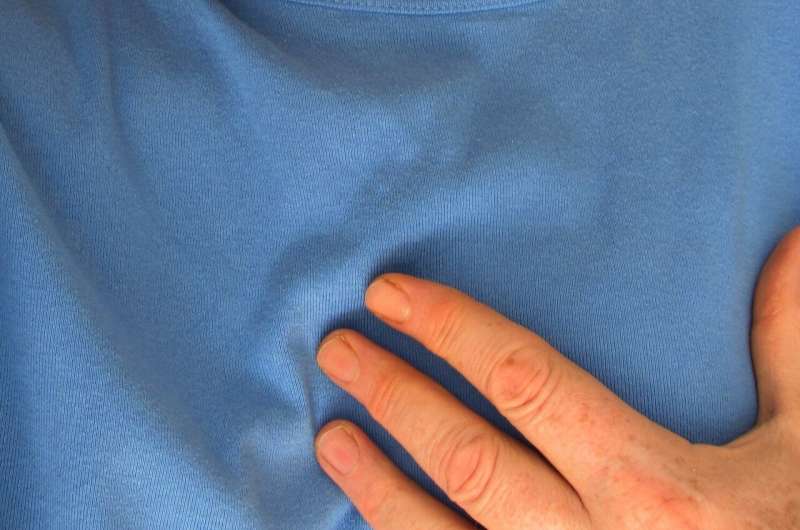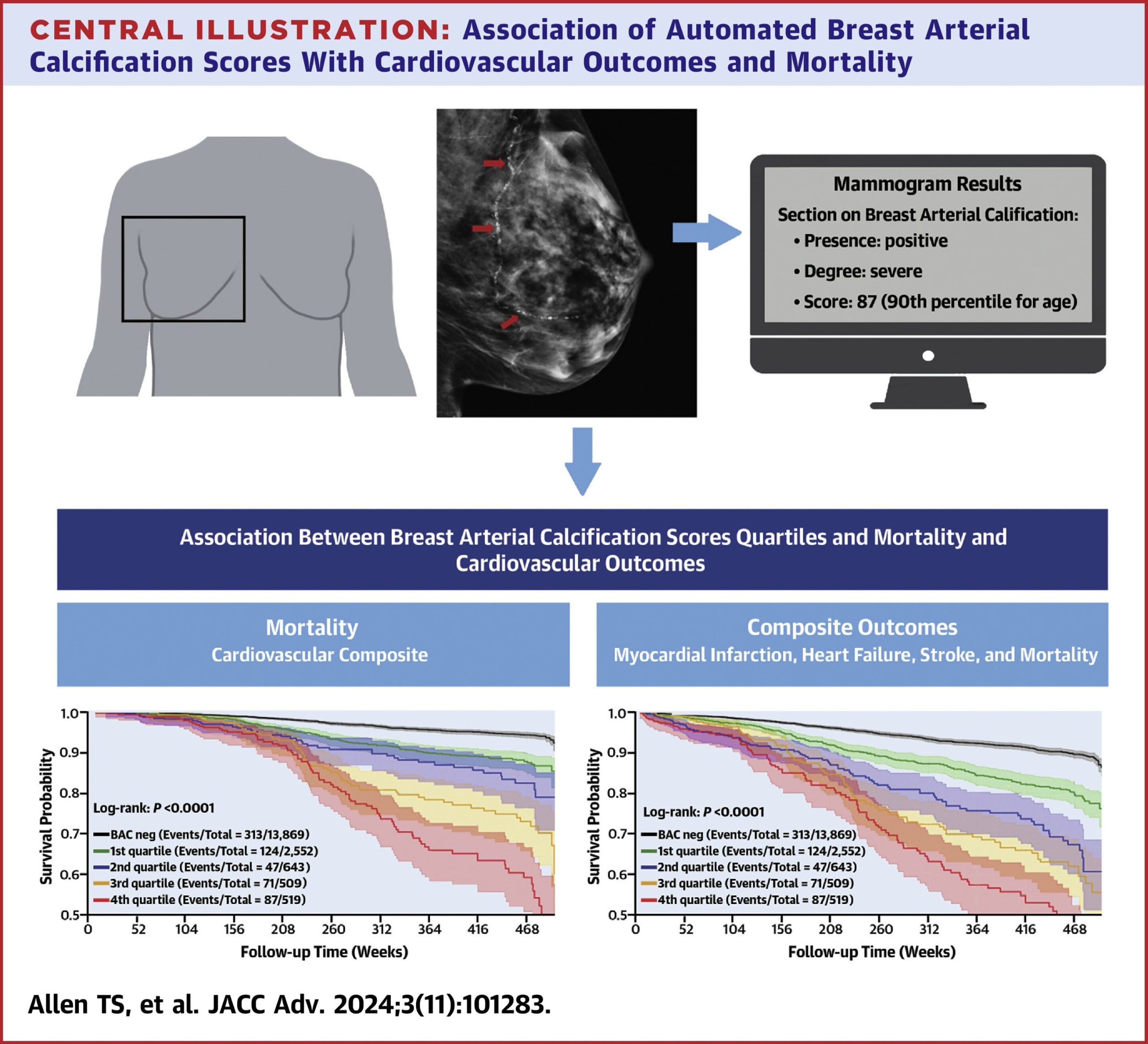
The SGLT2 inhibitor empagliflozin confers kidney-protective benefits and can therefore be given safely and effectively to patients when they are hospitalized for acute myocardial infarction (MI), a Mount Sinai-led global team of researchers has shown.
The team, led by Deepak L. Bhatt, MD, MPH, MBA, Director of the Mount Sinai Fuster Heart Hospital and the Dr. Valentin Fuster Professor of Cardiovascular Medicine at the Icahn School of Medicine at Mount Sinai, performed a secondary analysis of the results from a worldwide trial known as EMPACT-MI. They also demonstrated that empagliflozin can consistently reduce heart failure events among patients who had suffered a heart attack regardless of the patient’s baseline kidney function.
The results were presented at a late-breaking science session at the European Society of Cardiology Congress in London on Monday, September 1.
Patients with acute MI are at high risk for acute kidney injury, primarily due to intensive exposure to kidney stressors, such as contrast agents used during cardiac catheterization or medications that alter kidney function. This risk makes physicians hesitate to initiate SGLT2 inhibitors shortly after a heart attack because information about the safety of this class of medications in this clinical situation is limited. SGLT2 inhibitors curb the action of a protein known as sodium-glucose cotransporter 2, which helps the kidneys reabsorb glucose from the blood.
EMPACT-MI is the first analysis to determine if it is safe with respect to the kidney to initiate SGLT2 inhibitors in patients during or soon after hospitalization for acute MI. The researchers assessed the therapy’s effects on kidney function over time and evaluated its effects on heart failure outcomes in relation to kidney function.
“It is especially important to understand the safety profile of SGLT2 inhibitors since about 40 percent of patients with acute MI have chronic kidney disease,” says Dr. Bhatt. “Our research showed that empagliflozin exhibited kidney-protective effects by reducing the decline in the eGFR (estimated glomerular filtration rate), which measures how well the kidneys are filtering waste, compared with placebo. Importantly, our data also showed that empagliflozin was safe to initiate soon after an acute MI, regardless of the patient’s baseline kidney function.”
The EMPACT-MI trial randomized a global cohort of 6,522 patients with acute MI and increased risk of heart failure to the SGLT2 inhibitor or to a placebo. While there was no difference in risk of death, empagliflozin reduced the risk of hospitalization for heart failure as well as adverse events of heart failure. Researchers also learned that these risk reductions were consistent across baseline kidney function. At 24 months, patients in the empagliflozin cohort had stable eGFR compared with baseline, while patients in the placebo group showed a decline in eGFR, and the therapy’s kidney-protective benefits were observed regardless of the patient’s baseline kidney function. It was also shown that adverse event rates were similar in the empagliflozin and placebo groups within 30 days after first study drug intake, and similar irrespective of baseline kidney function, baseline systolic blood pressure, and a variety of clinically relevant concomitant medical therapies that affect kidney function.
“Our study will help to fill a key gap in the understanding of the clinical use of SGLT2 inhibitors in people who have suffered a heart attack,” says Dr. Bhatt, a globally recognized expert in cardiovascular medicine and interventional cardiology. “By reassuring physicians of the safety and efficacy of empagliflozin early after a heart attack, EMPACT-MI has enormous implications for treating a very vulnerable population of patients with cardiovascular disease worldwide.”
More information:
Javed Butler et al, Empagliflozin after Acute Myocardial Infarction, New England Journal of Medicine (2024). DOI: 10.1056/NEJMoa2314051
Citation:
SGLT2 inhibitor empagliflozin is shown to be safe and effective for treating patients who have suffered a heart attack (2024, September 2)
retrieved 2 September 2024
from https://medicalxpress.com/news/2024-09-sglt2-inhibitor-empagliflozin-shown-safe.html
This document is subject to copyright. Apart from any fair dealing for the purpose of private study or research, no
part may be reproduced without the written permission. The content is provided for information purposes only.


